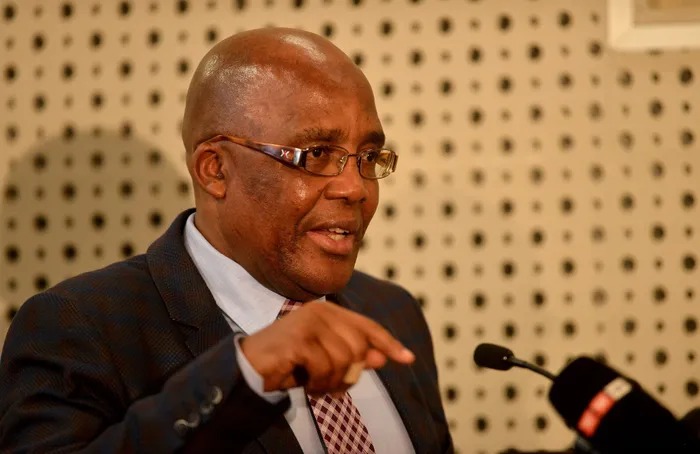Health
Health Minister Motsoaledi Says HIV Programme Still Stable Despite Drop in Testing

Health Minister Aaron Motsoaledi has responded to reports showing a drop in HIV testing following funding cuts by the United States. He stated that while the reduction in testing is concerning, it does not mean the collapse of South Africa’s HIV/AIDS programme.
Recent data reported by Reuters from an unpublished document by the National Health Laboratory Service shows that viral load testing has declined sharply in the last two months. Testing for people aged 15 to 24 fell by 17.2% in April compared to the same month last year. In March, testing was already down by 7.8%. Overall testing numbers dropped by 11.4% in April.
Testing among pregnant women fell by 21.3% in April, while early infant diagnosis testing declined by nearly 20%. Viral suppression rates also dropped by 3.4% in March and 0.2% in April, with young people showing greater declines.
The funding cuts are mainly linked to the reduction of support from the United States’ President’s Emergency Plan for AIDS Relief, known as Pepfar. According to experts, this has affected clinics and services targeting vulnerable groups, including pregnant women, young people, and infants.
Patrick Mdletshe from the Treatment Action Campaign said that reduced funding and the closure of Pepfar-funded clinics have disrupted treatment and increased the risk of HIV spread. These clinics were mostly run by NGOs and offered services to key populations that are often underserved.
Kate Rees of the Anova Health Institute said her organisation’s programmes have ended due to the funding cuts. Data she reviewed showed a drop in both viral load testing across the country and HIV testing in Johannesburg, although she did not specify exact figures.
Professor Wolfgang Preiser from Stellenbosch University explained that other factors may also be contributing to the drop in testing. He mentioned internal changes within the National Health Laboratory Service, as well as leftover effects from a past cyberattack, which slowed testing last year.
Sophie Hobbs from Nacosa said their Pepfar-supported project in Cape Town also had to stop. This programme had strong treatment success before it was closed. She cited new estimates showing that only 67% of children under 15 in the Western Cape are on antiretroviral therapy, and only 73% have achieved viral suppression.
Minister Motsoaledi said the government spends R46.8 billion on the HIV programme, with only R7.9 billion of that previously coming from Pepfar. He argued that it is wrong to assume the withdrawal of this amount would cause the entire programme to fail.
He explained that there are 2,772 public health facilities in the 27 districts where Pepfar support was focused. Only 12 clinics operated independently under NGO control and mainly served key populations. These clinics treated about 63,322 patients, most of whom were in Johannesburg.
According to the Minister, the Department of Health has moved the medical records of these patients to nearby public clinics. The process of contacting the patients and restarting their treatment in these new locations is ongoing.
He also pointed out that the Global Fund continues to support South Africa’s work with key populations. There are 34 public health clinics across eight provinces now receiving funding to continue these services.
Despite the challenges, the Health Minister maintains that the programme is still functioning and that the country is taking action to maintain HIV services for all affected groups.








